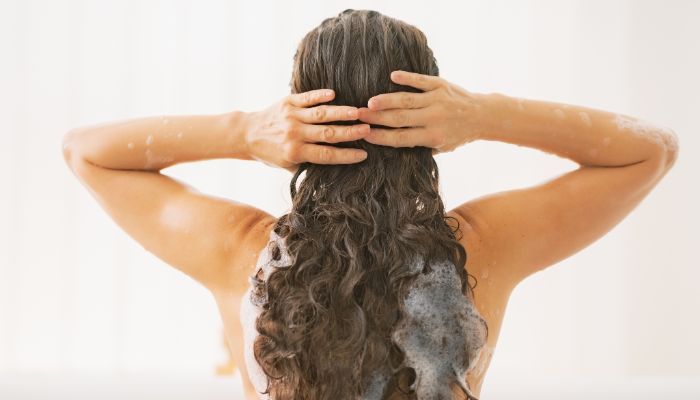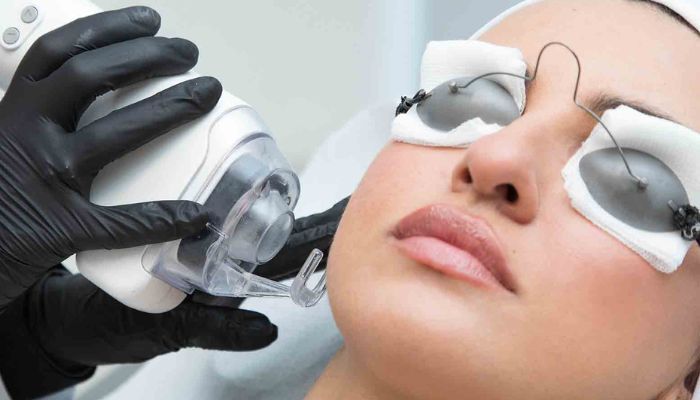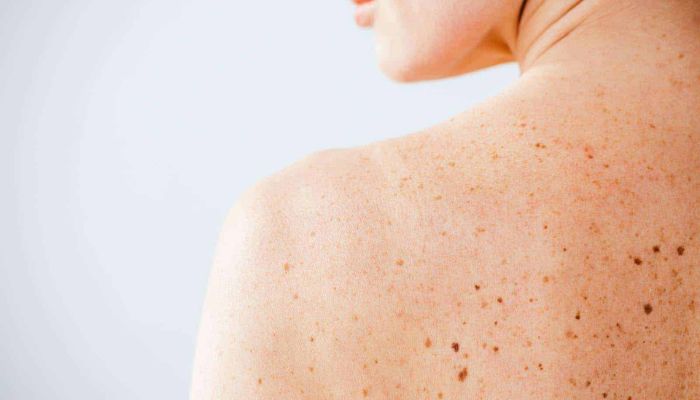When it comes to hair care, most of us put a lot of trust in our shampoo. We expect it to cleanse, nourish, and leave our hair feeling soft, shiny, and healthy. But what if the shampoo you use every day is actually causing harm to your hair and scalp? Unfortunately, many commercial shampoos contain ingredients that, while great for lathering or preserving the product, can strip your hair of essential nutrients, cause scalp irritation, or even contribute to long-term hair damage.
In this blog post, we’ll explore the harmful shampoo ingredients that could be wrecking your hair health and offer tips on how to choose better alternatives. By understanding what to avoid, you can make smarter choices for your hair care routine and promote healthier, stronger hair.
Table of Contents
The Hair Structure
Hair health is determined by the structure of the hair shaft and the condition of the scalp. Your hair is made up of three layers: the cuticle (the outermost layer), the cortex (the middle layer), and the medulla (the innermost core). The cuticle protects the inner layers, and when it’s damaged, your hair can become dry, frizzy, and prone to breakage.
There are many factors that can damage your hair, including heat styling, environmental stressors, and even your diet. But what you may not realize is that the shampoo you use can also be a major contributor. Many common ingredients in shampoos can strip away natural oils, irritate the scalp, and weaken the hair shaft, leading to long-term damage.
Top Harmful Shampoo Ingredients to Avoid
Below are some of the most harmful ingredients commonly found in shampoos that could be doing more harm than good to your hair health:
Sulfates
Sulfates, like sodium lauryl sulfate (SLS) and sodium laureth sulfate (SLES), are widely used in shampoos for their ability to create a rich, foamy lather, but they can be harsh on hair and scalp. These powerful cleansing agents strip away not only dirt and oil but also the natural oils that your scalp needs for hydration and protection. As a result, sulfates can lead to scalp irritation, causing itching, dryness, and redness, particularly in those with sensitive skin. Additionally, by depleting moisture, they leave hair dry, brittle, and prone to breakage, which is especially problematic for curly or color-treated hair that requires more moisture. To avoid these issues, look for shampoos formulated with gentler surfactants like cocamidopropyl betaine, derived from coconut, or decyl glucoside, a natural, non-toxic ingredient that cleanses effectively without stripping essential oils.
Parabens
Parabens, including methylparaben, ethylparaben, and propylparaben, are widely used preservatives in shampoos to prevent bacterial growth and extend shelf life, but there are increasing concerns about their potential health risks. These compounds can mimic estrogen in the body, leading to hormonal imbalances that may be associated with other health issues, prompting many consumers and brands to seek paraben-free options. Additionally, parabens can cause allergic reactions and irritation for some individuals, resulting in scalp inflammation and discomfort. Fortunately, there are healthier alternatives available, such as potassium sorbate and sodium benzoate, which are natural preservatives commonly found in paraben-free shampoos and organic beauty products.
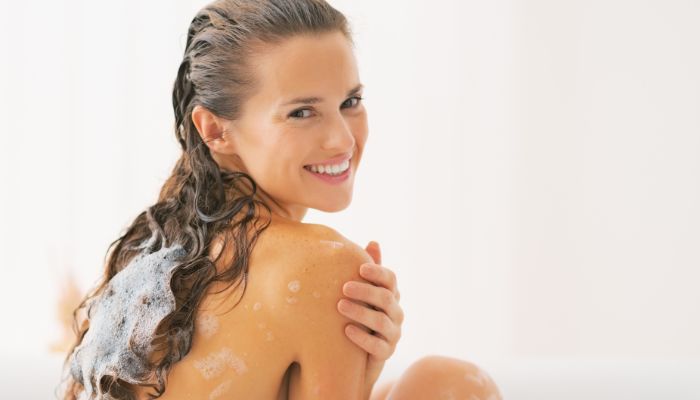
Silicones
Silicones, including dimethicone and cyclopentasiloxane, are commonly used in shampoos and conditioners for their ability to create a smooth, shiny finish on hair. However, their long-term effects can be detrimental; silicones form a coating on the hair shaft that traps dirt and residue, leading to product build-up that makes hair appear dull and greasy over time. This coating can also block moisture from penetrating the hair, resulting in dryness and brittleness, particularly with prolonged use. Furthermore, silicones are not water-soluble, making them difficult to rinse out and often necessitating the use of harsh clarifying shampoos, which can cause additional damage. Instead of shampoo with silicones, consider natural alternatives like argan oil, a lightweight oil that hydrates and smooths without weighing hair down, or aloe vera, a hydrating plant extract that enhances hair texture and shine.
Phthalates
Phthalates are chemical compounds commonly used in shampoos to help fragrances bind to the product and enhance their longevity, but they are widely regarded as toxic and have been banned from many beauty products worldwide. These compounds are known endocrine disruptors, interfering with hormone function and potentially leading to reproductive issues, early puberty, and an increased risk of certain cancers. Additionally, phthalates pose a significant environmental threat as they can leach into waterways, harming marine life. Fortunately, many brands now offer fragrance-free alternatives or utilize natural essential oils for scent, effectively eliminating the need for phthalates in hair care products.
Synthetic Fragrances
Fragrance is commonly added to shampoos to enhance their appeal, but many synthetic fragrances consist of a complex mix of chemicals, potentially including up to 3,000 different compounds, some of which can be harmful allergens or toxins. These synthetic fragrances can lead to scalp irritation, allergic reactions, and even hormone disruption, yet the specific chemicals involved are often not disclosed on labels, making it challenging to know what you are truly exposed to. To avoid these risks, opt for shampoos that use natural essential oils for fragrance or are labeled as “fragrance-free.”
Formaldehyde and Formaldehyde-Releasing Preservatives
Formaldehyde is a known carcinogen that can still be found in some hair products, including shampoos. Even more concerning, certain ingredients like DMDM hydantoin, imidazolidinyl urea, and quaternium-15 gradually release formaldehyde, exposing users to harmful levels over time. This exposure can lead to scalp irritation, allergic reactions, and long-term health risks, including cancer. To ensure safer hair care, it’s essential to choose shampoos free from formaldehyde and its derivatives.
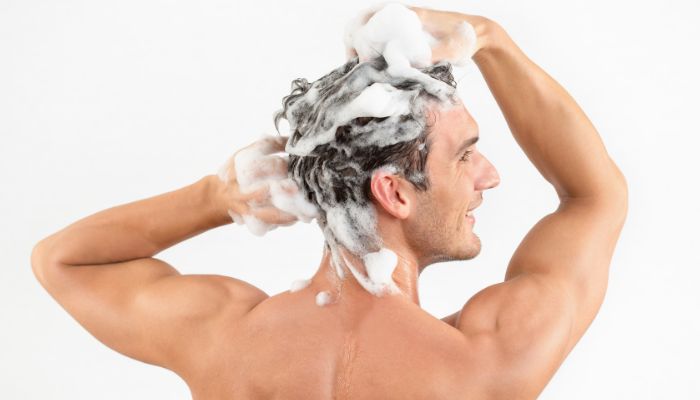
DEA, MEA, and TEA (Diethanolamine, Monoethanolamine, Triethanolamine)
DEA, MEA, and TEA are emulsifiers and foaming agents commonly found in shampoos to create a rich lather, but they have been associated with skin irritation and potential carcinogenic effects, especially when combined with other chemicals like nitrites. These ingredients can lead to allergic reactions and dryness of the scalp, raising concerns about their safety. To avoid these risks, it’s best to choose shampoos that are free from these chemicals and instead opt for products that utilize natural emulsifiers such as lecithin or plant-based glycerin.
Triclosan
Triclosan is an antibacterial agent commonly used as a preservative in products like shampoo, deodorant, and toothpaste, even though it has been banned from soaps. This compound is a known endocrine disruptor, which can contribute to various health issues, including immune system problems, weight fluctuations, mood swings, and even infertility and cancer.
Polyethylene glycol (PEG)
PEG compounds are commonly used in shampoos as thickeners and solvents, but they can often be contaminated with harmful byproducts such as ethylene oxide, a known carcinogen, and 1,4-dioxane, which is considered a probable human carcinogen. These compounds can strip hair of its natural moisture, resulting in dryness and brittleness, while also enhancing the absorption of harmful chemicals through the skin. To mitigate these risks, it’s advisable to select PEG-free shampoos.
Conclusion
Being mindful of the harmful shampoo ingredients in your hair care products is essential for maintaining healthy hair. Ingredients like sulfates, parabens, and synthetic fragrances can wreak havoc on your locks and scalp health, leading to dryness, irritation, and even hair loss. By educating yourself about these harmful shampoo ingredients and choosing cleaner alternatives, you can promote healthier, more beautiful hair.
Investing in quality hair care products that prioritize natural ingredients not only benefits your hair but also supports your overall health and well-being. Make the switch today and watch your hair flourish!
